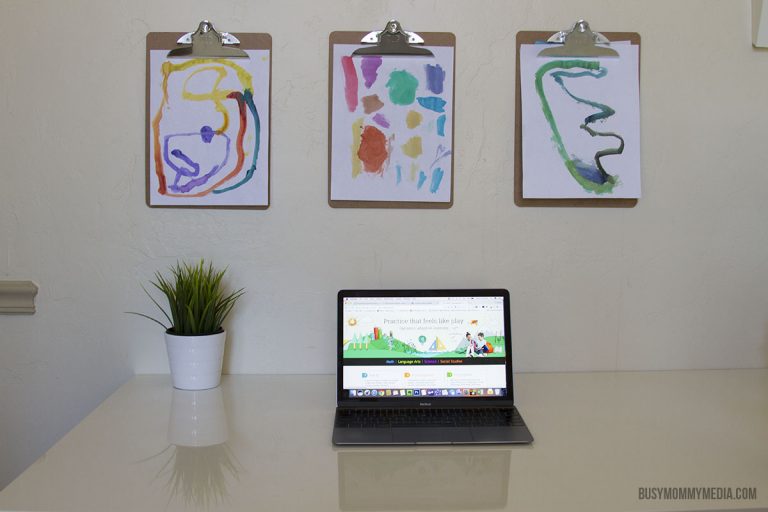Just Say Yes! A Guide to Setting Limits with Kids
I think we can agree that children of all ages need limits. They need to know what to expect from us, and they need to know we mean what we say. But do we have to prove we mean what we say by being mean? Good news! We don’t.

Say “No” by saying “Yes”
Imagine for a moment your child has come to you to ask to play with their friends, and you’re thinking, ‘Ain’t gonna happen’. You know perfectly well that their chores, homework, and/or other responsibilities are nowhere near done. You’re usually tempted to say something like this: “No, you’re not going anywhere, calling anyone, or doing anything until that homework is done!”
It’s hard to say that, however, in any kind of tone we’d be proud of, so how about this: “YES”, “Absolutely”, “Of course!”, “as soon as…..” and then we state the limit. It may be ‘as soon as the chores are done’, or it may be ‘as soon as you’re not grounded anymore’. By telling them when they can do something instead of that they can’t do something, we promote thinking on their part, which in turn promotes good decision making. You can use enforceable statements like this in almost every situation you come up against, and the best part? It really works.
Even if the limit is about something you will never allow in your home, telling them they can NEVER do something is both unreasonable and dangerous. After all, that child will be an adult someday. So if it’s not something you allow in your home currently, then the limit might sound something like this, “Of course you can have a giant, hairy, messy, hungry dog…when you have your own house!”
Mean what you say
In my book, there is nothing as damaging to our credibility as threats. And we’re all guilty of using them, but threats are garbage. It’s simply our inner control freak coming out to try to control someone else. A more effective approach is to rarely tell your child what to do, and instead tell them what you’re going to do. For example, if your child refuses to eat their vegetables, or any of the gourmet dinner you slaved all day in the kitchen to prepare, you may be tempted to threaten them that they’ll have no dessert, or not leave the table until it’s finished, or never play with friends, watch a movie, or have Christmas ever, ever again!
Threats get out of control fast, are hard to follow through on, promote no thinking, and usually end up as a bribe in coming years, which really does a number on our credibility. Instead, state the limit in a kind but firm way, such as: “Everyone who eats their dinner may have dessert.” Or, if you aren’t offering dessert or feel that might come across as a bribe, simply say, “Dinner is served until ___O’clock. Get what you need to hold you ‘til breakfast.” And leave it at that. No need to threaten to follow through, just do it. Your kids will figure it out fast, and your credibility will soar.
Limits Summary
- Set limits that are clear and firm. State them kindly and set them once
- Tell them when they can do something rather than that they can’t do something
- Don’t tell kids what to do, tell them what YOU are going to do
- Promote thinking by not using threats and/or bribes






